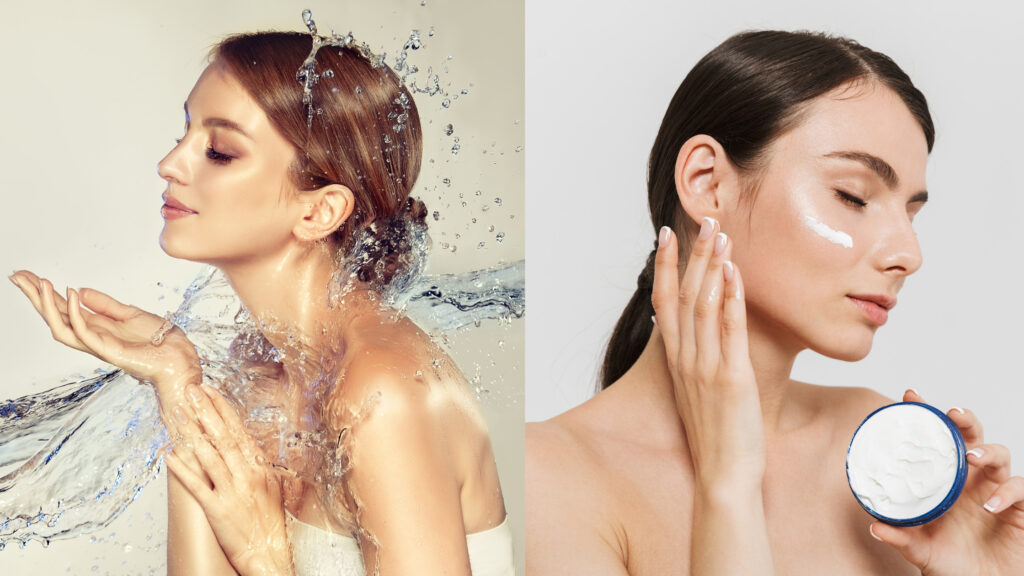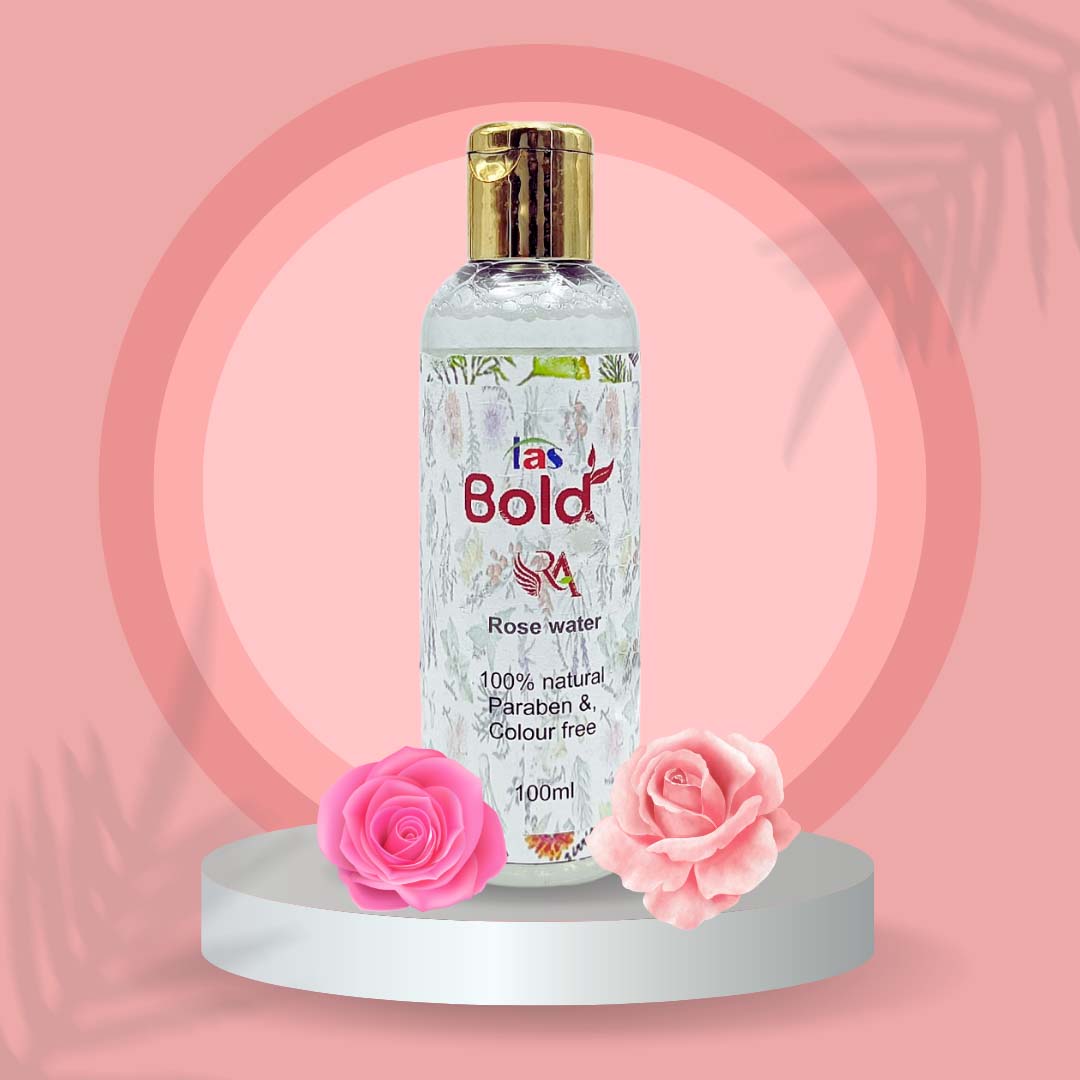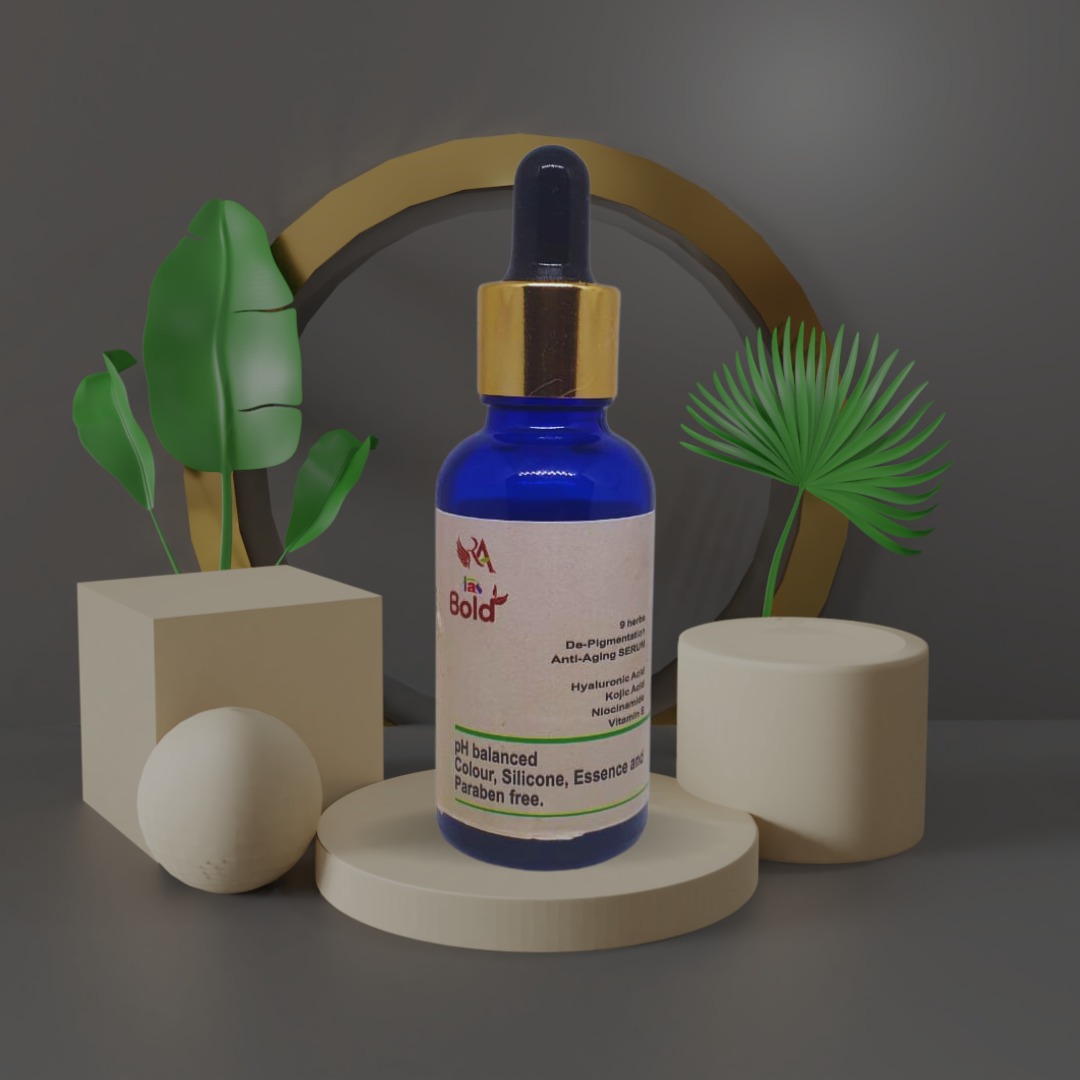
Introduction:
When it comes to skincare, we often hear the terms *hydration* and *moisturization* thrown around as if they’re the same thing. While both are crucial for maintaining healthy, glowing skin, they address different needs. Understanding the difference between hydration and moisturization can help you refine your skincare routine and achieve better results. So, let’s break it down.
What is Hydration?
Hydration refers to the process of increasing the water content in your skin cells. Water is essential for every cell in the body, and your skin is no different. When your skin is properly hydrated, it looks plump, smooth, and radiant. Dehydrated skin, on the other hand, appears dull, feels tight, and may show signs of premature aging like fine lines and wrinkles.
Hydrating ingredients attract water to your skin. Some common hydrating ingredients you’ll find in skincare products are:
– Hyaluronic Acid: A powerful humectant that holds up to 1,000 times its weight in water.
– Glycerin: A natural humectant that draws water from the environment into the skin.
– Aloe Vera: Known for its soothing and hydrating properties.
If you have skin that feels rough or lacks that fresh, dewy look, it’s likely you need more hydration in your routine.
What is Moisturization?
Moisturization is about sealing moisture into the skin and preventing water loss. Moisturizers create a barrier on your skin to lock in hydration and protect against external elements like pollution, cold, and wind, which can strip moisture away. Even oily skin can become dry or dehydrated, making moisturization an important step in every skincare regimen.
Moisturizing ingredients form this protective layer. Some common moisturizers are:
– Oils (like jojoba, argan, and squalane): These mimic the skin’s natural oils to reinforce the skin barrier.
– Butters (like shea butter): Rich, emollient ingredients that deeply nourish and prevent water loss.
– Ceramides: Help strengthen the skin’s natural moisture barrier to retain hydration and prevent dryness.
Moisturizers are especially important for people with dry skin or those exposed to harsh environmental conditions.
The Key Differences Between Hydration and Moisturization
1. Function:
– Hydration: Adds water to the skin.
– Moisturization: Locks in that water and prevents moisture loss.
2. Feel on the Skin:
– Hydrating products are lightweight and often water-based, giving a refreshed feeling.
– Moisturizing products tend to be thicker and creamier, providing a protective barrier.
3. Skin Concerns:
– Hydration is necessary for plump, glowing skin and tackling dehydration.
– Moisturization is vital for maintaining softness, preventing water loss, and reinforcing the skin barrier.
Why You Need Both Hydration and Moisturization
Your skin needs a balance of both water and oil to function optimally. Focusing on just one aspect—hydration or moisturization—can lead to imbalances in your skin health.
– Hydration without moisturization can leave your skin dry because the water you’ve added can evaporate without a protective layer.
– Moisturization without hydration can result in skin that feels greasy on the surface but remains dehydrated beneath, leading to dullness and rough texture.
Using both hydrating and moisturizing products ensures your skin receives the necessary water and seals it in, providing long-lasting nourishment.
How to Incorporate Both in Your Skincare Routine
1. Start with a Hydrating Serum:
Apply a hydrating serum containing ingredients like hyaluronic acid or glycerin on damp skin after cleansing. This step infuses your skin with moisture.
2. Follow Up with a Moisturizer:
After your serum, use a moisturizer that suits your skin type. For dry skin, a richer cream works best, while oily skin can benefit from a lightweight lotion or gel-based moisturizer.
3. Don’t Forget Your SPF:
In the morning, always finish with sunscreen to protect your skin from environmental damage.
Final Thoughts
Hydration and moisturization are two pillars of healthy, glowing skin. While hydration replenishes water in your skin, moisturization locks it in and strengthens your skin’s barrier. Both are essential, regardless of your skin type, to achieve balanced, radiant skin. By incorporating products that hydrate and moisturize into your skincare routine, you’ll ensure your skin stays smooth, supple, and youthful.
So, next time you pick up a skincare product, remember to ask yourself: *Is this hydrating or moisturizing?* Ideally, you’ll want both for the best results!





